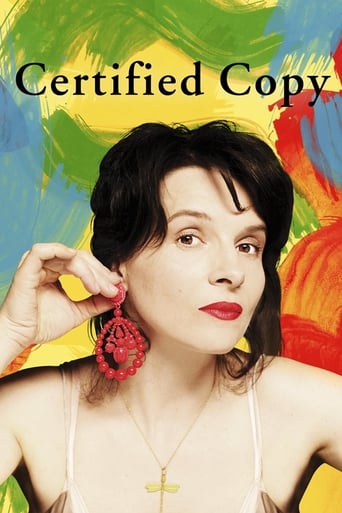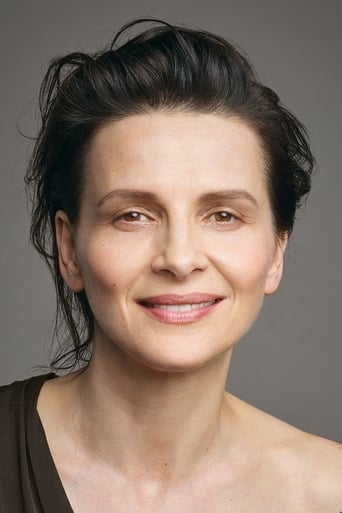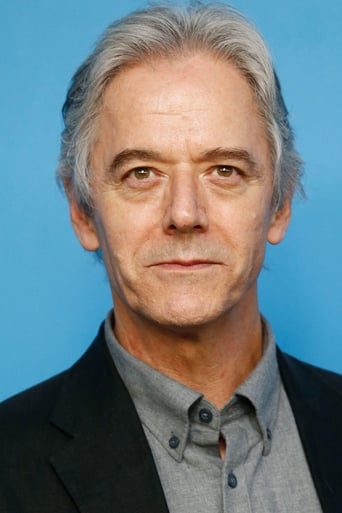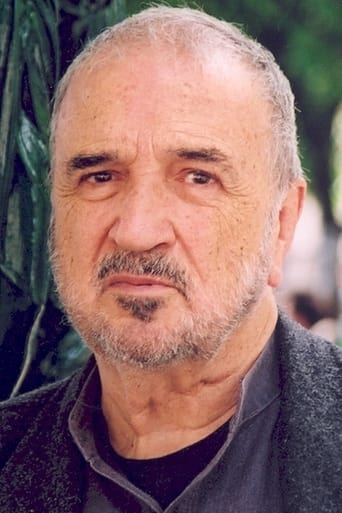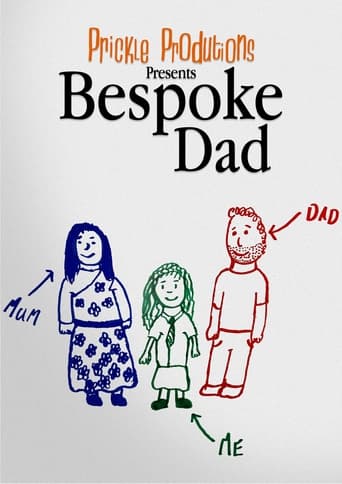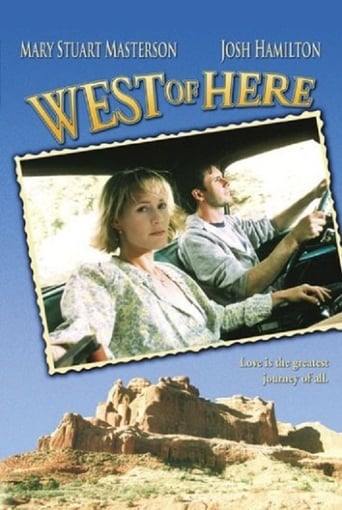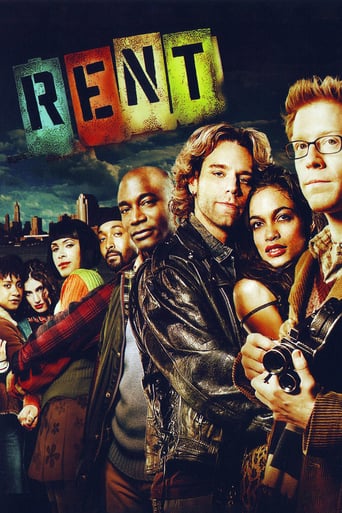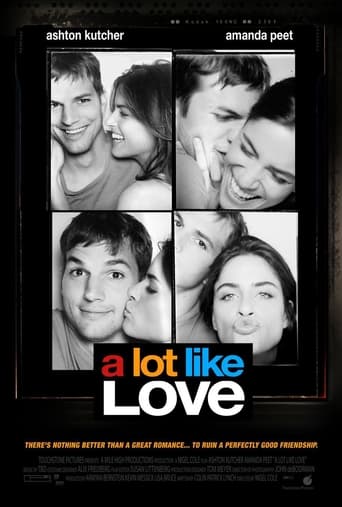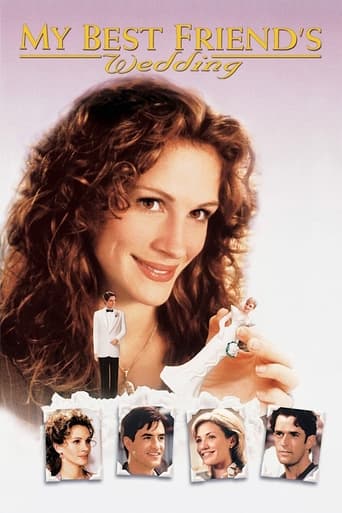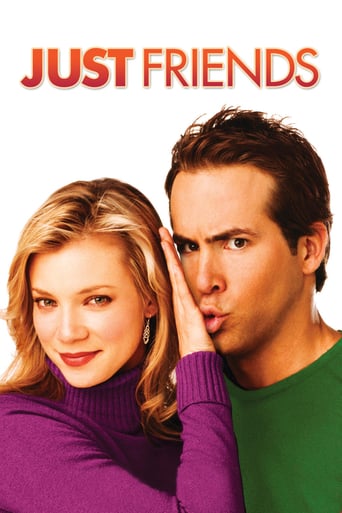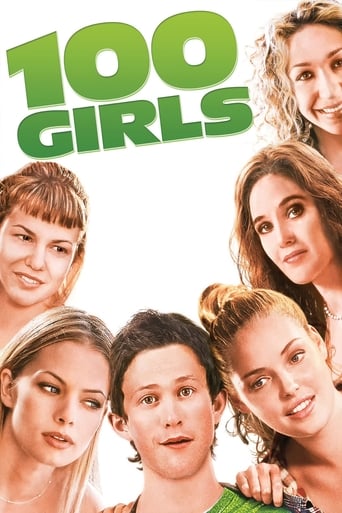Certified Copy (2011)
In Tuscany to promote his latest book, a middle-aged English writer meets a French woman who leads him to the village of Lucignano.
Watch Trailer
Cast


Similar titles
Reviews
I like it when a film really understands its characters and as we follow them we can see their foibles and their follies and their humanity being opened up and challenged. The Coen Brothers do this with impeccable black comedy in the framework of a thriller, as in Fargo or Barton Fink or Burn After Reading, whereby the entire tenuous structure of people's lives begins to collapse and we are left perfectly conflicted with sympathy and delight in how this will play out. Then there's the Before Trilogy, and Journey to Italy, which quietly follows its characters learning about themselves as we are too. Certified Copy plays like a condensed version of the Trilogy, and has some of the 'lost in a landscape bigger than themselves' exploration of Journey, yet this film never feels as in control or as vitally connected to its ideas as those films do. Many things are discussed, and layers revealed, but it's just not entirely convincing. Not entirely convincing, but an excoriating watch nonetheless. When this film was finished, I felt like I had just witnessed an entire relationship, from the first fruitful seeds, to infatuation and love and friction and wear and decay, and in a sense I had because that is essentially what the two characters of the film take us through. The film begins with William Shimell, playing the role of modest and charming British academic who is promoting his book in Italy. The idea of this book gives the film its title and what the whole film begins to play around with: the copy. The copy, and it's relation to the original, its authenticity, and whether one should invest any time in an original if a recreation is believable. He would answer 'no' to that last thought. Juliette Binoche appears at his speech, leaves his translator a note, and the next day he appears at her small museum/exhibition/trinket shop, artistic debate is continued, and thus their journey begins. The boundaries of conversation between two people who are seemingly strangers soon dissolves and they are soon fluctuating between moments of bitterness, delight and contemplation, and soon enough in what appears to be a bizarre role-play, the assume the role of a married couple and any façade that they try to wear is soon being flayed. Binoche is utterly captivating and her award for Best Actress at Cannes is entirely deserved. She is seemingly inexhaustible, communicating in Italian, French and English and losing no degree of vulnerability, bitterness or magnetism between the languages, and she has a remarkable way of kind of softly inhabiting any given situation but being able to turn caustic and uncomfortable with immediacy. There are moments when the characters are sitting opposite each other in conversation and they are speaking directly into the camera, and when Binoche does this it's never less than transfixing.Shimmel, for a first time actor is for the most part quite grounded and reserved, but it's with him that the film often feels at its flattest. He's the more outwardly ruminating intellectual, always approaching things with a contemplative thought, and it often feels like the film is struggling to maintain a deep thought, as if in fear of being mocked for being nothing less than poetic. Maybe that's the way the character is supposed to be, but all his affectations get tiring. He comments on Eucalyptus trees being so totally unique, how each one has its own shape and definition and being unlike the other one, and as truthful as it might be, it's just a comment that leaves you thinking 'And?' At other times the exchanges of these characters are scintillating, as when an innocuous pit-stop at a café becomes changes the gears of their relationship, and Binoche begins to furiously criticise his cool, charming bullshit-masquerade. The dialogue operates in these two modes, between fascinating and questionable, but never really finds its footing.Abbas Kiarostami is clearly a man who knows exactly what he wants to do and how to do it, and at the jolly age of 74 all the wisdom and joy and despair he must have accumulated in his lifetime can be felt here, in the vivaciousness and the bitterness of the characters, in the way a camera can just sit and stay trained for minutes on end and let the people unfurl themselves, but sometimes it feels like all he is trying to much to do justice to all his collected experience in life. There's a shot toward the end with our couple standing in a courtyard together and just in front of them is a far older couple, man and wife, standing on the same side of each other, tentatively walking and supporting each other. The imagery is obvious but the connotations are beautiful, and it's the sort of a shot that could only have worked as aposiopesis to the journey preceding it. (Maybe that is the point)So there was an ambivalence I felt throughout the film, but it's hard to dismiss something this lovingly made, as an expression of the melancholy of our relationships in life. There's a blustery and picturesque feel throughout this Italian journey that is hard to argue with.
This is actually a totally different approach to cinema. Is it original? We wouldn't know, but it is definitely great. There are various ways of approaching this film. There is a lot of philosophical questions being raised and answered partially or fully through out the film. One way I like to look at this film is as two journeys with no definite separating point. Somewhere at the middle of the film, the relationship between the two characters change so we get to look at the things in life (art) in a different way. In the first half, you see a happy male who is satisfied with his being while in the second half, he is someone who has been married for 15 years, and unsatisfied with his state of being. The lady is more satisfied in the second half despite being emotional and vulnerable. There is a serious philosophical discussion about what is the right way to approach things. In the first half, the independent man doesn't care about the consequences of actions in general. He thinks things are just the way they are and we should not try too hard to change it. In the second half, he starts acting exactly opposite to his own earlier philosophy as the lady takes control in a socially acceptable relationship. It was interesting to see that the director used the term Mise' en Scene to credit himself at the end as this film does not fall under the Hollywood definition of drama.
It's no coincidence that Kiarostami chose Italy as his filming location (apart from an unobjectionable desire to spend some time in Tuscany): It's another replay of the themes of Pirandello, and, in particular, the ones we find in Pirandello's plays such as "Six Characters in Search of an Author,", "Cosi' e'(se vi pare)" ("That's the way it is--if you think so"), and "Il giuoco delle parti" ("The 'Let's play a role' Game"). In all of these works we get a vision of life which suggests that life itself is just one big game of role-switching, with all that that suggests about the illusiveness of reality. Nothing is as it seems, and we begin to suspect that it's a fruitless endeavor to seek out that "true" or "authentic" self which undergirds all the "certified copies" in play throughout our lives. And just as in Pirandello's plays, so too with Kiarostami we get the dramatic denouement: What is initially playful repartee gradually takes on the look of a high-stakes game and eventually careens wildly out of control.
While the movie poses a few interesting questions along the way (the one alluded to by the title being one of them), it overpowered me with its sheer contempt for the rational. I believe that if the movie made sense, all of a sudden it wouldn't be considered "good" by its admirers. Open-endedness can be a powerful artistic tool in skilled hands, but this movie is open wide from one end to the other. Married? Lovers? Kinky sadists? Divorced? Make up your own story because the director is not. Nor does he give you consistent material to work with, you'll need to do some heavy editing if you want your story to hold water. Exhausting.

